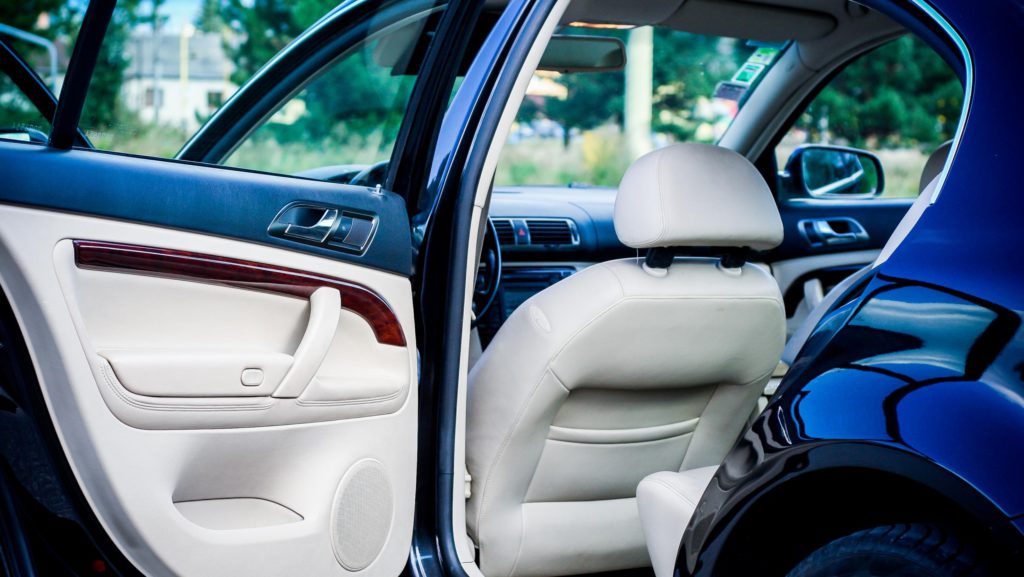Leather loses its sheen as consumer attitudes change
11 August 2017

11 August 2017
As more and more consumers seek fair trade goods and organic foods and the number of vegetarians rises, car designers are looking for luxury substitutes for leather, reports Automobilwoche.
Audi head of design, Marc Lichte says: ′This material [leather] has stood for luxury since the time of coachbuilding and for more than 120 years of automobile production,’ but he adds that ′We want to accompany the change in values ″‹″‹with new materials as well.’ The E-Tron Quattro study was the first luxurious Audi concept car which did not feature leather. ′We are experimenting with a very high-quality material made of bamboo fibres, which fits the ecological requirements of an electric car and has a good chance of making it to series production,’ Lichte commented.
Land Rover Design Director Gerry McGovern has also talked about breaking with the past while discussing the interior of the new Range Rover Velar. ′A colleague from our Colour & Trim department is vegan and has made us question whether leather is still the first choice for an interior.’ The company does not want to dispense with leather completely because they do not want to overwhelm or frighten customers but for the first time in a Range Rover, there is also a fabric option.
Designers have to struggle with an old value system, Lichte says: ′Leather has always stood for luxury, and no matter how classy a fabric may be, it appears cheaper to customers.’ He fears it will therefore be difficult to command similarly high prices and to give customers the same feeling.
Some manufacturers want to move customers to slowly change their way of thinking but Tesla has taken a different approach. Following the presentation of the Model X, CEO Elon Musk received a petition from the animal protection organisation PETA for a vegan interior. As it was signed by thousands, Musk reacted quickly and banished leather from at least one version of the model. The seats are covered with fabric and the steering wheel and door panels are upholstered with artificial leather, Tesla says.
The trend for vegan cars and a more sustainable mix of materials in car interiors, and especially the search for alternatives to leather, certainly exists but has not gathered significant pace, at least not among the more traditional brands. Mercedes press spokeswoman Silke Kögler says: ′We offer models worldwide and in all vehicle segments that can be converted to a leather-free interior. However, due to the very low demand, these are always one-offs.’
An increasing number of new car buyers may opt for alternatives to leather interiors but this could naturally impact their residual values as the majority of used buyers will surely continue to favour leather for the foreseeable future. This could then pose a problem for OEMs and fleet managers as they seek to ensure that a vehicle retains value over the longer term and represents a desirable proposition for used car customers. The Autovista Group report Launch Intelligence: Maximising residual value looks at the factors that affect residual value performance.